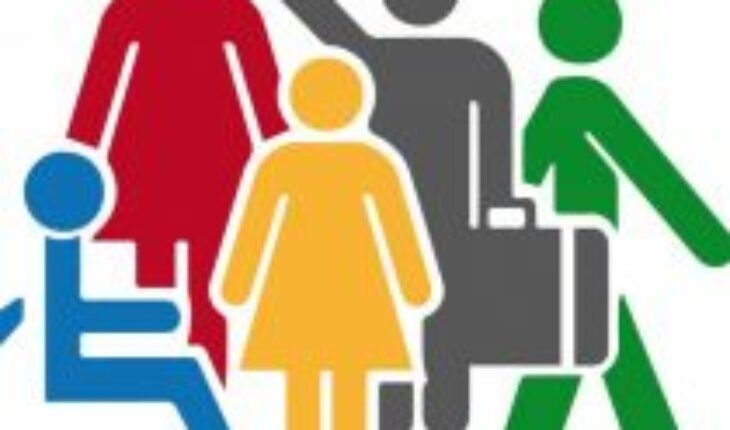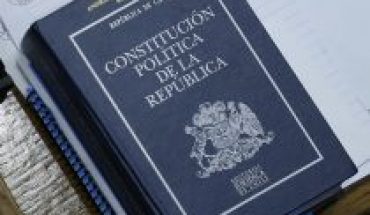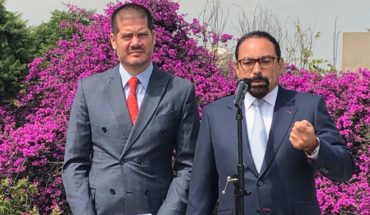In recent decades we have seen significant progress globally to overcome the exclusion and isolation of people with disabilities. Traditionally, these phenomena are rooted in social, legal and legislative practices that prevent persons with disabilities from exercising their will and making their own decisions about their lives. These situations are far from isolated, since people with disabilities represent a significant number of the global population – 15% according to the latest estimates of the World Health Organization – and, in the case of Chile, data from the recently published National Survey on Disability and Dependency (ENDIDE 2022) reflect that 17.6% of the adult population is in this situation.
In this regard, it should be noted that the right to live a life on equal terms and be included in the community remains one of the main challenges when talking about the inclusion of persons with disabilities, as established by the Convention on the Rights of Persons with Disabilities, adopted by the General Council of the United Nations in 2008. This instrument proposes a scenario where all aspects of the lives of persons with disabilities precondition that allow the integral implementation of the right to independent living, including the right to education, employment, health, political participation, culture, leisure, recreation and sport and, Undoubtedly, of legal capacity.
In another relevant aspect of the survey, it indicates that there is a greater probability of presenting a disability as age increases. For example, the percentage of people with disabilities goes from 9.9% in the group of 18 to 29 years, to rise to 11.7% among 30 to 44 years, then increase to 17.5% between 45 to 59 and, finally, to 32.6% in the group 60 years and over. That is why it is necessary to accelerate efforts in public policies to integrate people with disabilities, in order to promote the exchange of experiences at the international level, to replicate the most outstanding projects in this area. For example, in Latin America there are several initiatives that seek to promote the right to independent living, such as the UC Down Center in Chile; the Jô Clemente Institute, in Brazil, or the Morpho Center in Costa Rica, among others.
In that sense, one of the flagship events on inclusion worldwide was recently held in Vienna: the IV Zero Project Conference for the Spanish-speaking world and the tenth globally, where 71 initiatives from 38 countries were awarded, of which 10 are Ibero-American and three represent Chile: Servel, the Municipality of Cerro Navia and the Independent Life Foundation. This recognition positions us at the country level towards a greater role in terms of inclusion, in order to encourage independent living, political participation and information technologies.
Therefore, our work as civil society organizations and countries committed to full inclusion must be guided by the need to recognize the self-determination of people with disabilities and to provide all the necessary support to decide what lives they want to live and how to live them. Only in this way will we be working to eliminate the barriers that prevent guaranteeing equal conditions for an independent and autonomous life.
Follow us on
The content expressed in this opinion column is the sole responsibility of its author, and does not necessarily reflect the editorial line or position of El Mostrador.





